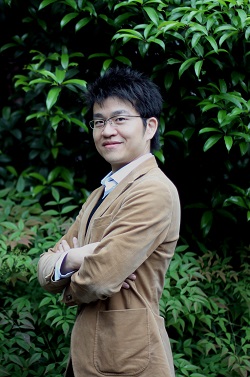Keynote Speaker
Sorting by last name in ascending order
Professor Andrew W. H. Ip
Editor in Chief: Enterprise Information Systems, Taylor & Francis
Founder & Editor in Chief: International Journal of Engineering Business Management, SAGE
Editor in Chief: International Journal of Software Science and Computational Intelligence, IGI Global
Senior Research Fellow, The Hong Kong Polytechnic University.
Adjunct Professor, Department of Mechanical Engineering, University of Saskatchewan, Canada
Director and Adjunct Professor, Space Economy Research Center, South China Normal University
Adjunct Professor of UNESCO Chair lectures at the National University of La Plata.
Honorary Industrial Fellow, Warwick Manufacturing Group, Warwick University.

Vice President Mianxiong Dong
Program Officer (PO) of JST Support for Pioneering Research Initiated by the Next Generation (SPRING)
Clarivate Analytics 2019, 2021~2023 Highly Cited Researcher (Web of Science)
Foreign Fellow of EAJ
Professor, Department of Sciences and Informatics, Muroran Institute of Technology, Japan

